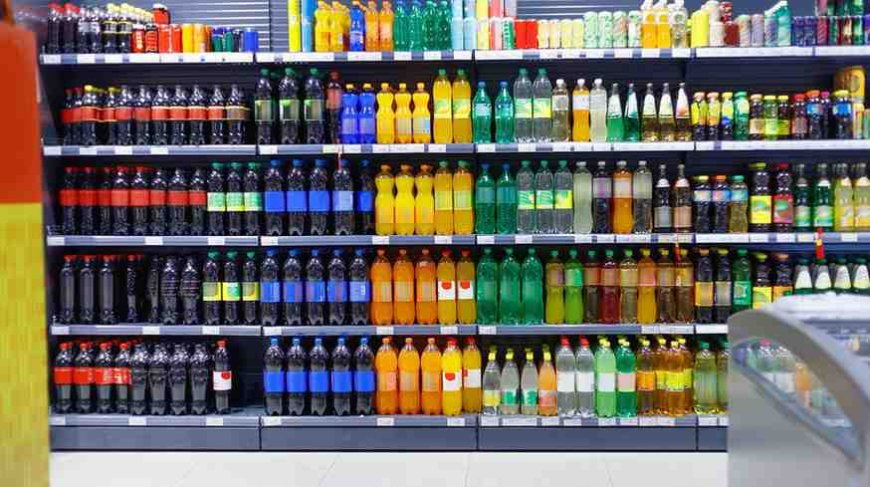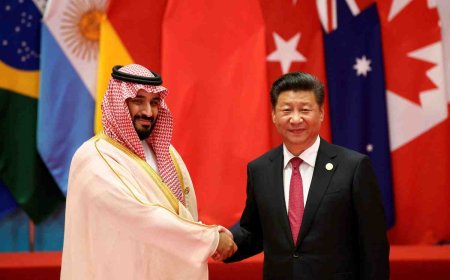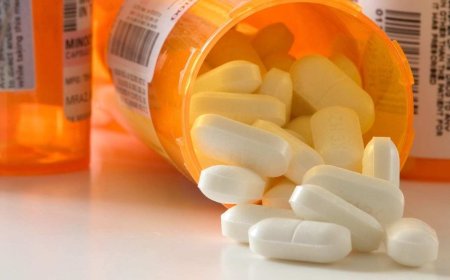UAE Shakes Up Beverage Market with New Tiered Sugar Tax Effective 2026
UAE's new tiered sugar tax starts Jan 1, 2026, taxing drinks by sugar content. Learn about the tax tiers, impact on businesses, and public health goals. Prepare for the FTA's new regulations.

The UAE Ministry of Finance has announced a groundbreaking reform to its excise tax system, replacing the flat-rate tax with a new tiered sugar tax on beverages, effective January 1, 2026. This strategic shift moves the financial levy from a simple price-based percentage to a health-centric model directly tied to the sugar content in drinks, marking a significant step in the nation's public health agenda.
How the New Tiered Volumetric Model Works
The core of the new policy, to be enforced by the Federal Tax Authority (FTA), is a tiered volumetric structure. Instead of a one-size-fits-all approach, the tax will now be calculated based on the grams of sugar per 100 milliliters, creating three distinct categories:
-
High Sugar Content: Beverages exceeding a specific sugar threshold will face the highest tax rate. This tier targets the most sugary soft drinks and energy drinks.
-
Moderate Sugar Content: Products with sugar levels above a lower baseline but below the "high" threshold will be taxed at a middle-rate. This captures many fruit juices and flavored milk drinks.
-
Low or No Sugar: Beverages with minimal or zero added sugar will benefit from the lowest tax rate or full exemption. This incentivizes the production and consumption of water, unsweetened sparkling water, and other healthier alternatives.
This precise structure is designed to create a clear financial incentive for manufacturers to reformulate their products, reducing sugar levels to fall into a lower tax bracket.
Strategic Impact on Beverage Manufacturers and Importers
For businesses in the beverage sector, this new tax structure demands immediate strategic planning. Companies will need to conduct a thorough audit of their product portfolios to assess the sugar content and model the new tax liabilities.
Key actions for manufacturers and importers include:
-
Product Reformulation: Investing in R&D to reduce sugar in high-tax beverages without compromising taste.
-
Portfolio Review: Analyzing which products may become less profitable and potentially shifting focus to low-sugar options.
-
Supply Chain and Pricing: Adjusting cost models and retail pricing strategies to account for the new tax tiers.
-
FTA Compliance: Updating all product registrations with the Federal Tax Authority to accurately reflect the new sugar content classifications.
While a transition period is expected, starting preparations now is crucial to ensure a smooth adaptation and maintain market competitiveness.
Driving Public Health Objectives Forward
The primary goal of this policy is to combat the rising prevalence of lifestyle-related diseases. By making high-sugar beverages more expensive, the government aims to directly discourage their consumption, which is strongly linked to obesity, type 2 diabetes, and heart disease.
This tax reform is a key pillar in the UAE's broader national wellness strategies, such as the National Wellbeing Strategy 2031. It works by making healthier choices the more affordable and attractive option for consumers, thereby encouraging a societal shift towards better dietary habits.
Educating Consumers for Informed Choices
The success of this initiative relies not only on taxation but also on consumer awareness. The UAE government plans to support the tax rollout with comprehensive public education campaigns.
These campaigns will focus on:
-
Educating the public on the health risks of excessive sugar intake.
-
Teaching consumers how to read and understand nutrition labels, specifically the sugar content.
-
Promoting the availability and benefits of choosing lower-sugar and sugar-free beverage options.
Conclusion: A Healthier Future for the UAE
The introduction of the tiered sugar tax represents a proactive and modern approach to public policy. It effectively uses economic levers to promote health outcomes, aligning the UAE with global best practices.
For the beverage industry, it signals a new era where health-conscious product development is directly tied to profitability. For consumers, it promises a marketplace with a wider, clearer range of healthier choices. As the 2026 implementation date approaches, staying informed through official FTA channels will be vital for all stakeholders to navigate this sweetened-beverage transformation successfully.
What's Your Reaction?










































